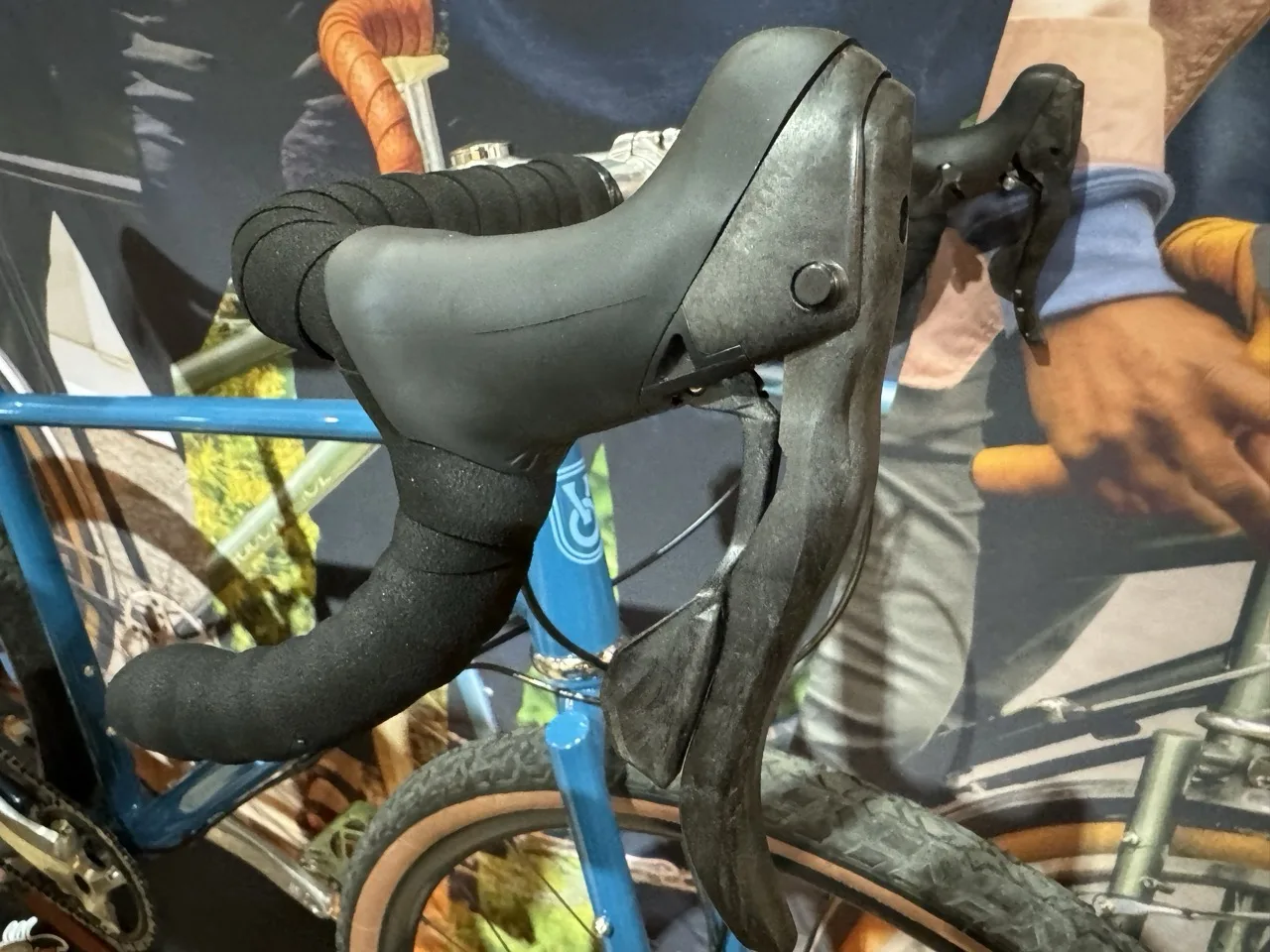Velo Orange offers bike parts that blend timeless/retro style with modern innovation. I met up with them at the MADE Show a few weeks ago, and they have some new things to share.
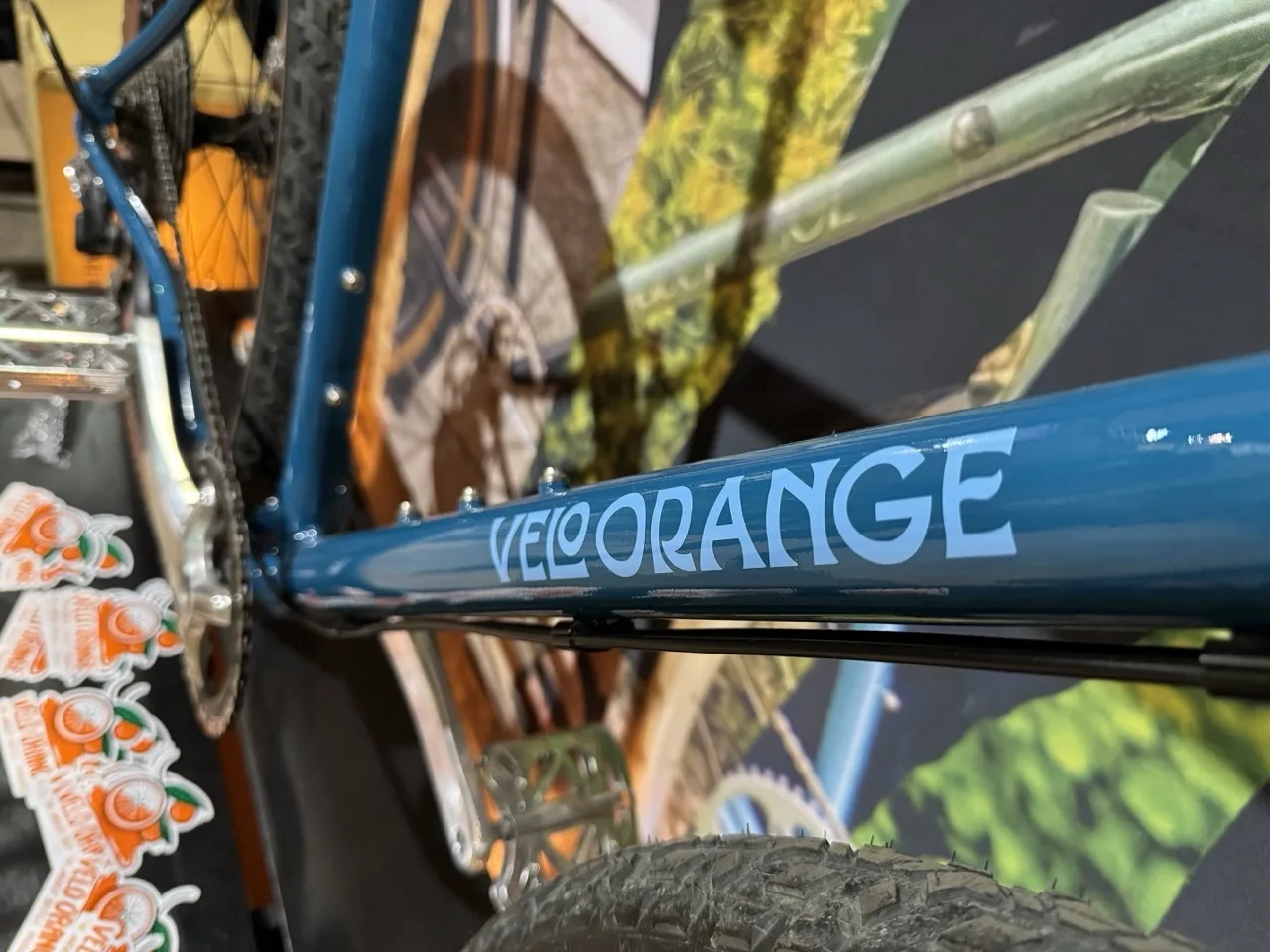
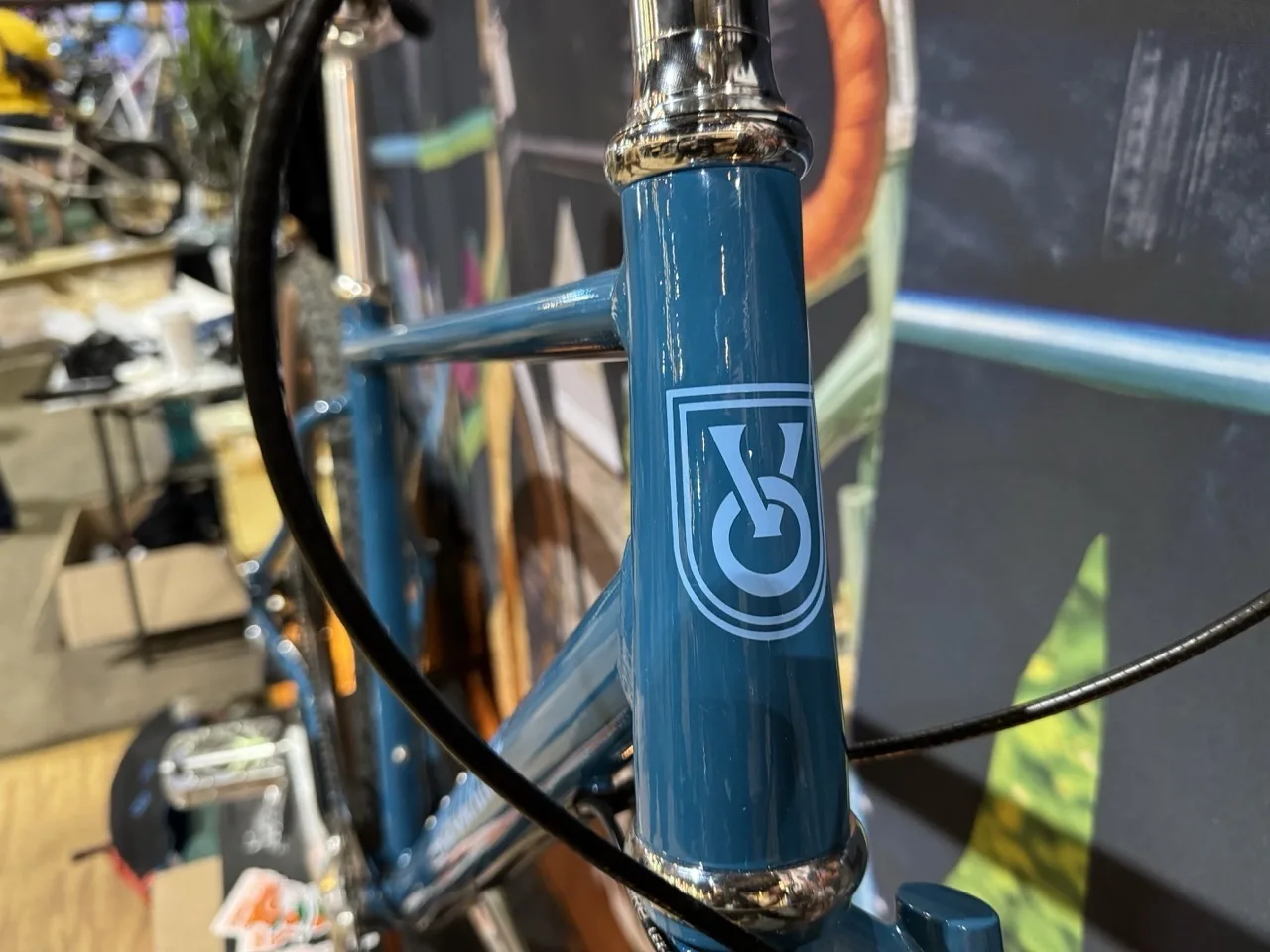
First, they are rocking a new logo that looks retro and new at the same time. With the new logo comes some new bike parts and a new frame.
Growtac Equal Control Levers
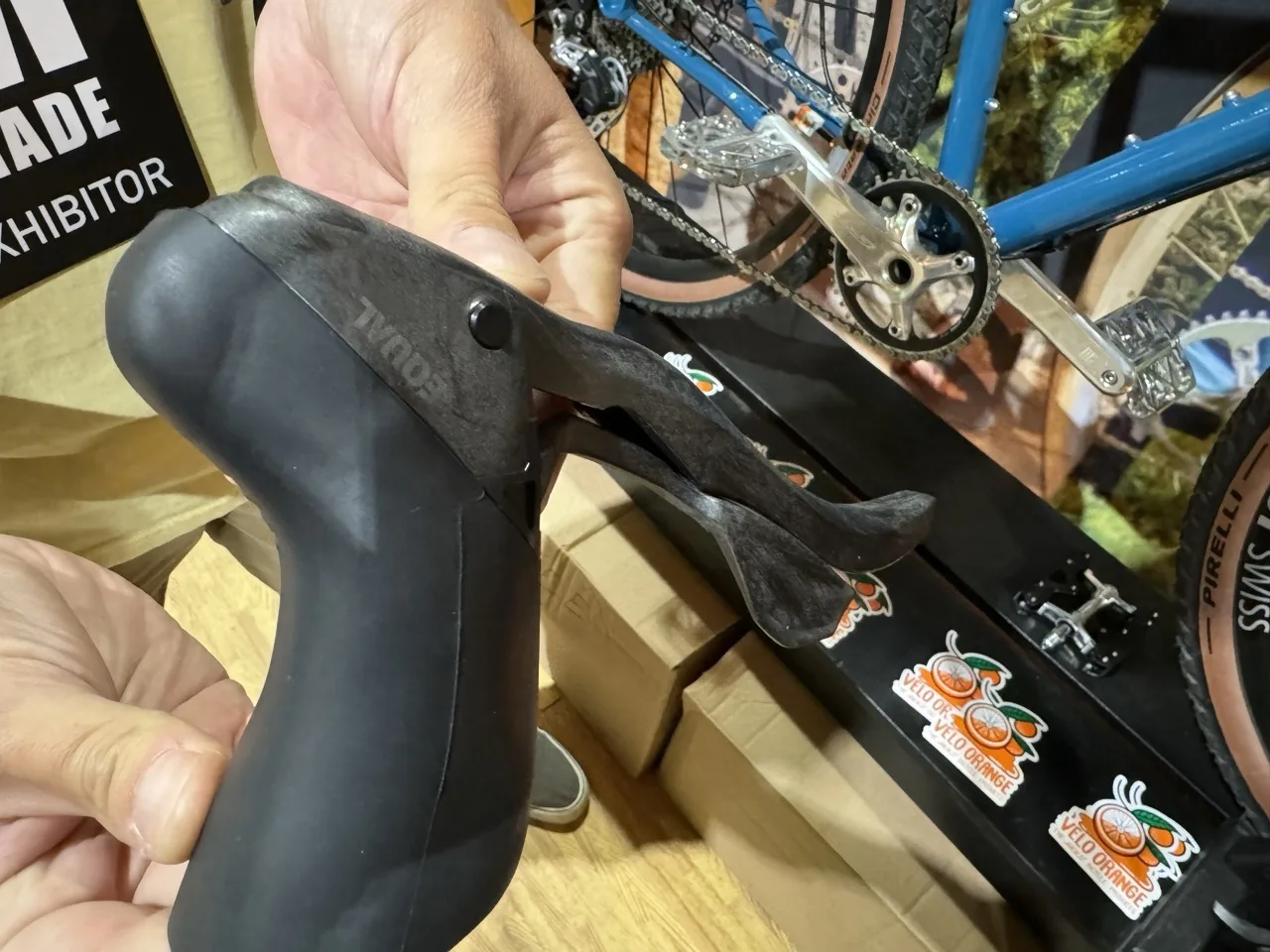
The big news is that, hopefully in the next two months, they will be carrying a new pair of drop bar shifters. They will be of the stepless (non-indexed) type. They’re made by Growtac, and could be a game changer. You guys remember Growtac, right? I reviewed their super-popular, high-quality Equal mechanical disc brakes a while back.
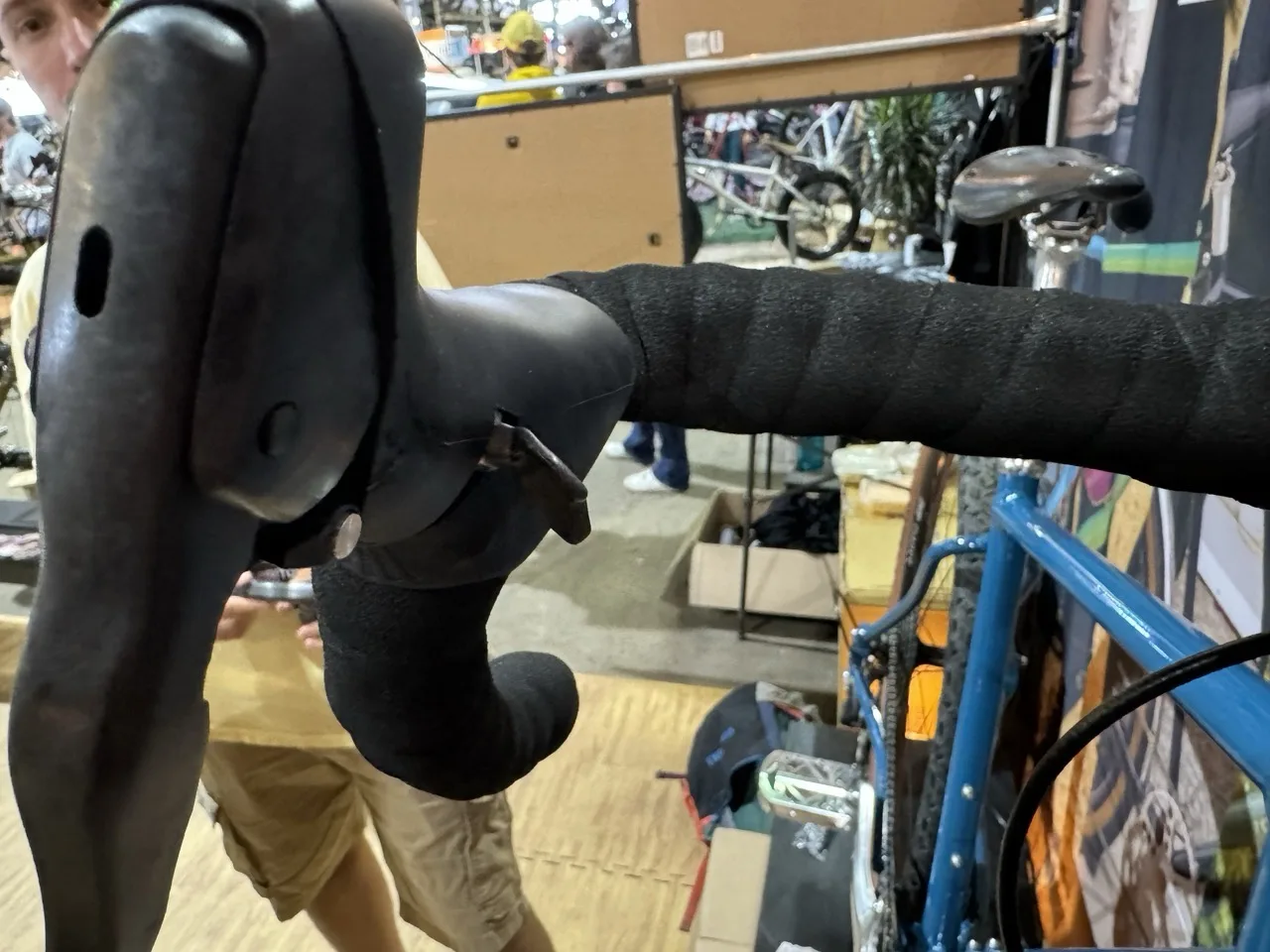
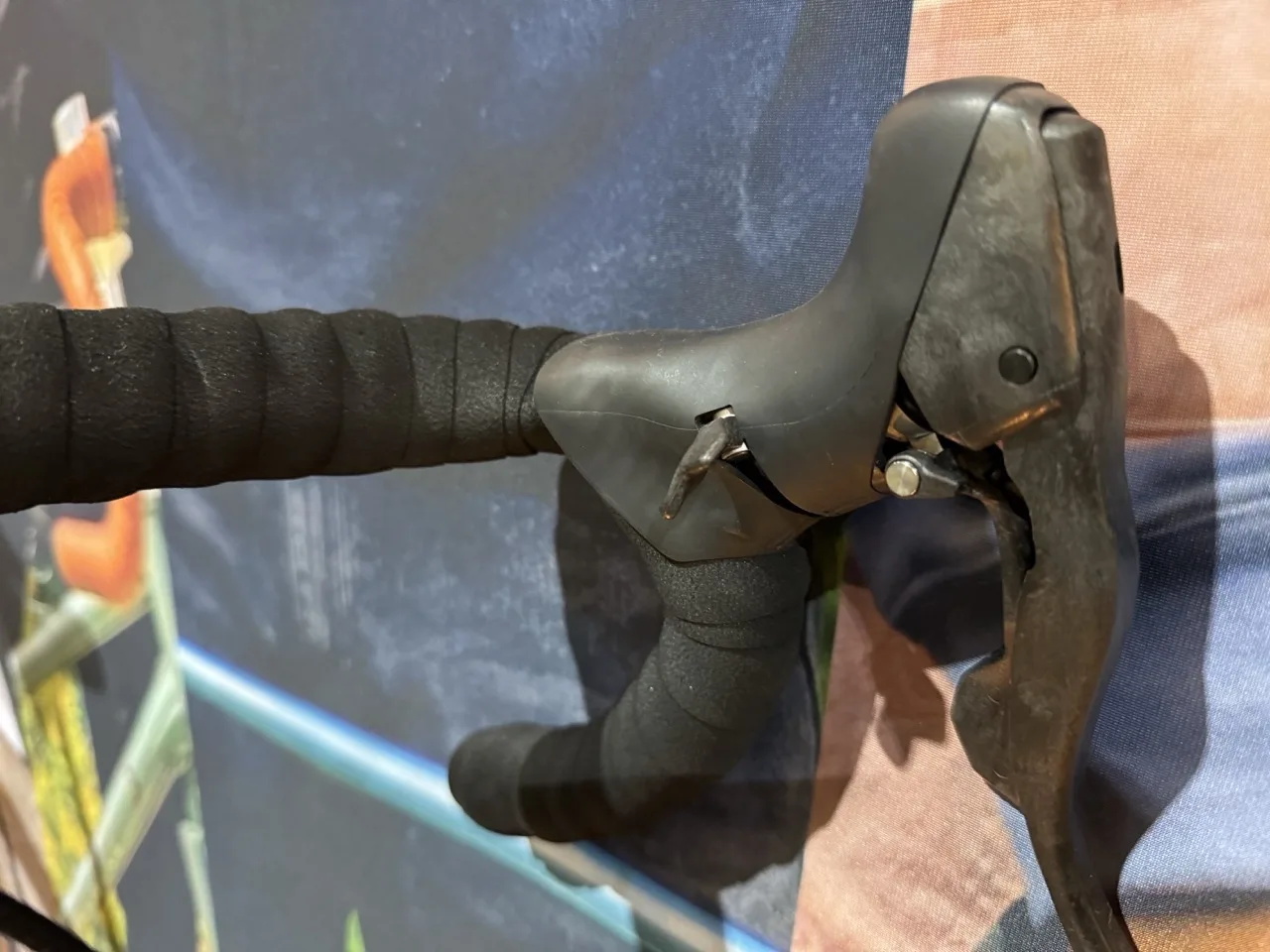
Growtac’s Equal Control Levers are going to simplify, if not eliminate complications of mixing drivetrain components. No matter the manufacturer, groupset, and number of speeds you want to to run, these new shifters will work. And, according to Growtac, they will allow the user to shift from 2 to 13 speeds.
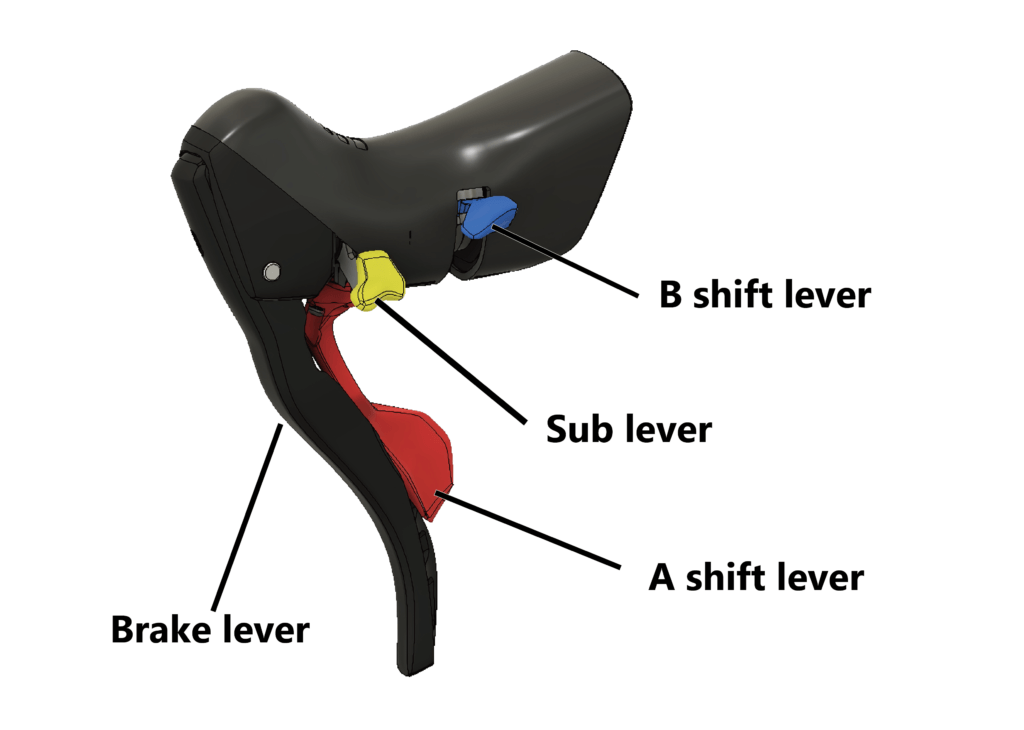
Checking the Growtac website, the new levers may have a third smaller lever on the right lever. This lever could be used to actuate a remote lockout or dropper post.
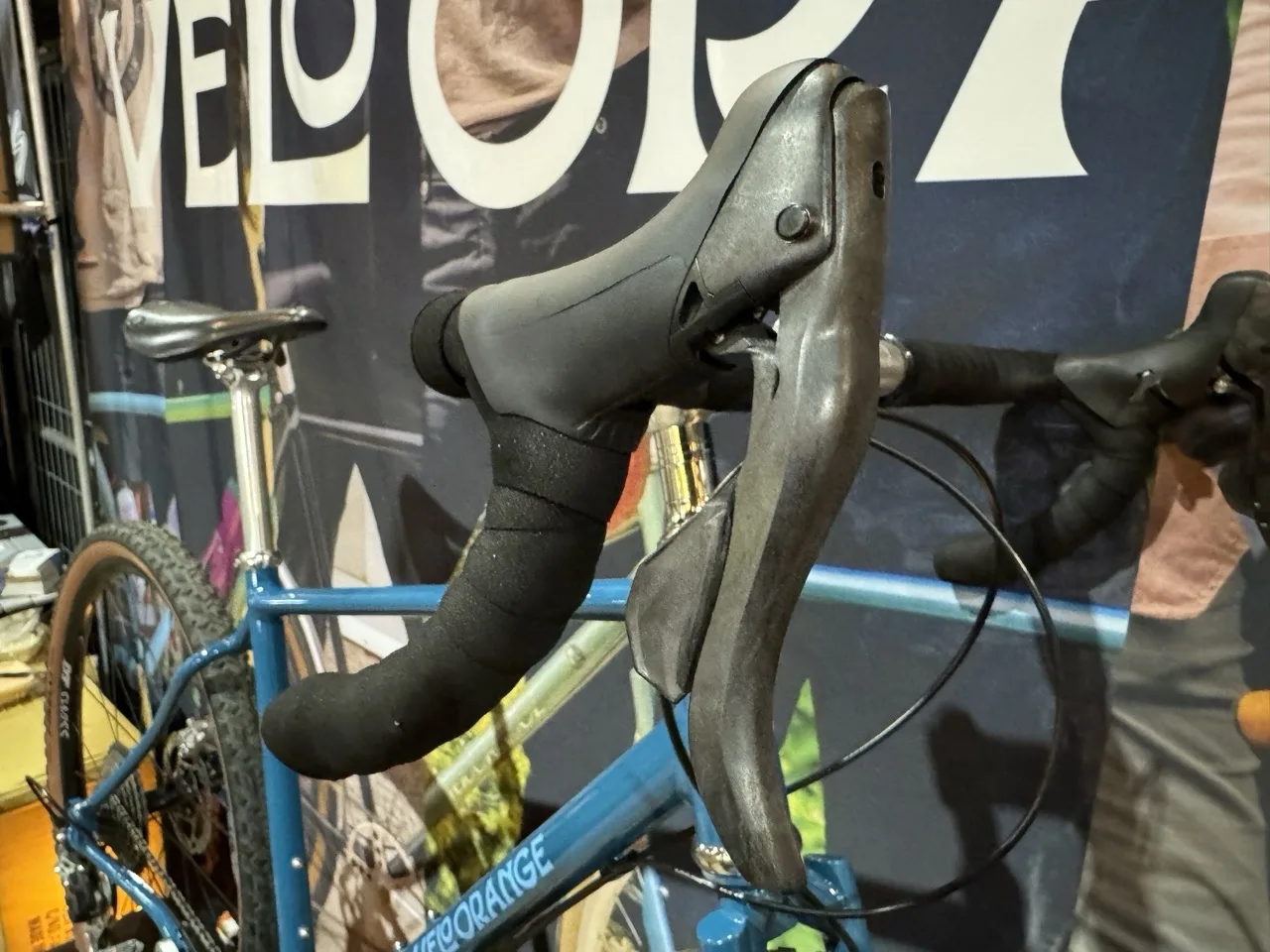
They will be available with both front and rear shifting or in a 1X configuration.
Chessie Aluminum Gravel Frameset
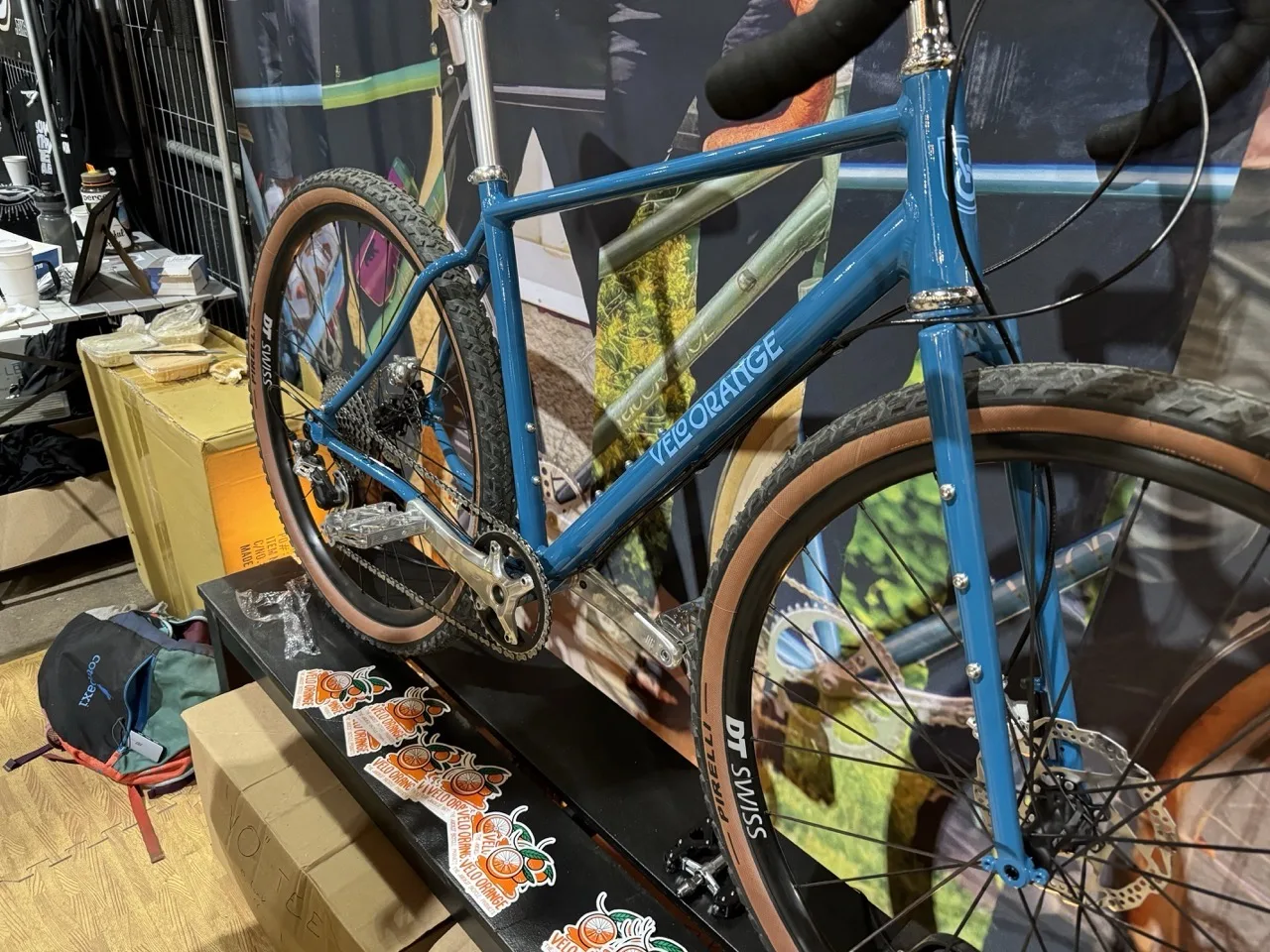
Named after the mythical sea monster that lives in the Chesapeake Bay, the Chessie will bring you “monstrous fun”! Velo Orange says don’t think of the Chessie when you think of a harsh riding aluminum frame.

There have been advances in the way aluminum frames are constructed. These methods separate them from the battle tank aluminum frames of yesteryear. The main triangle of the Chessie is double-butted, and sports custom bends and other technical features, including its unique dropouts.
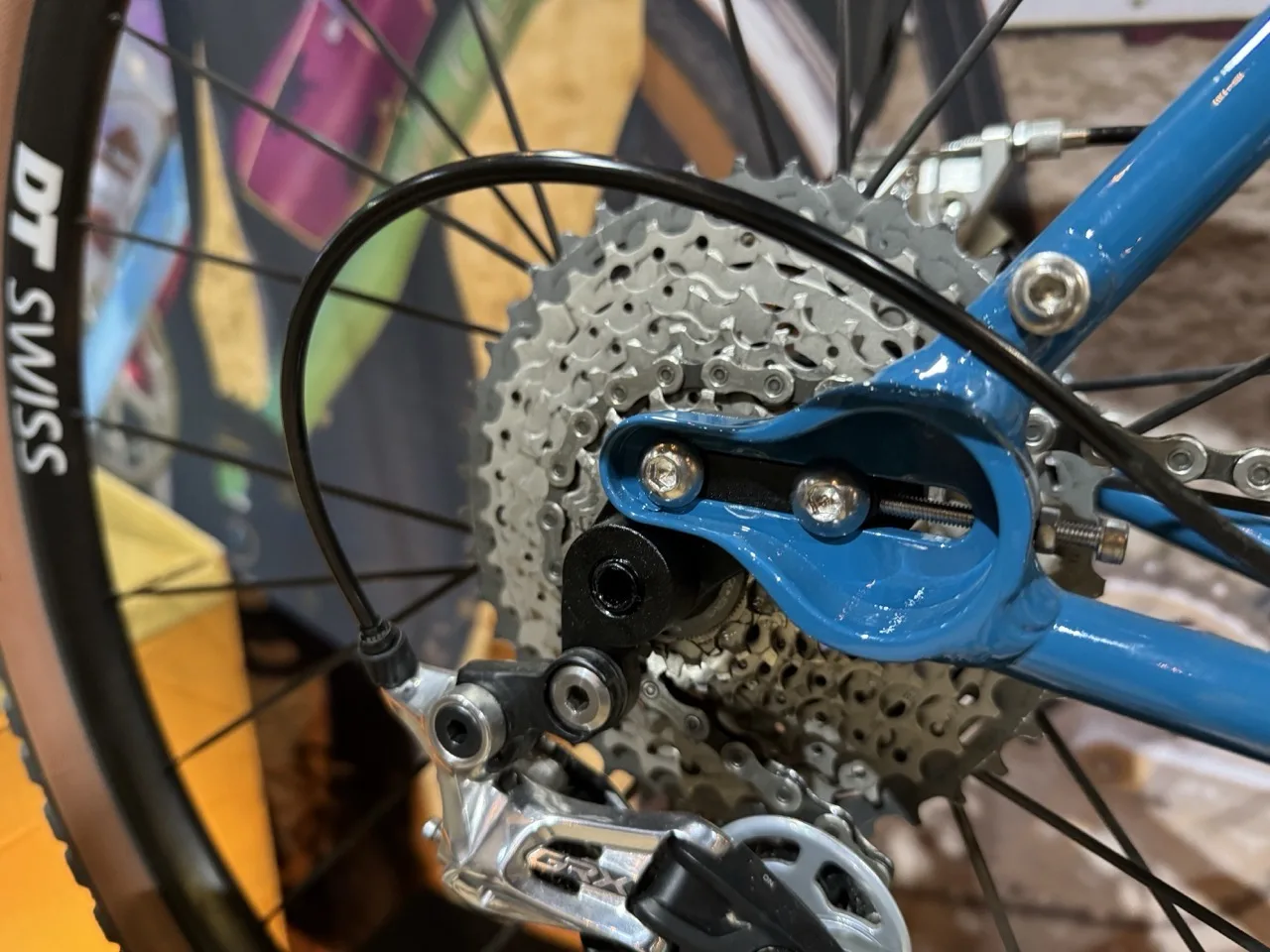
The dropouts allow for chain tensioning in the single-speed configuration and are compatible with flat-mount brakes. All while still leaving enough room for fenders.
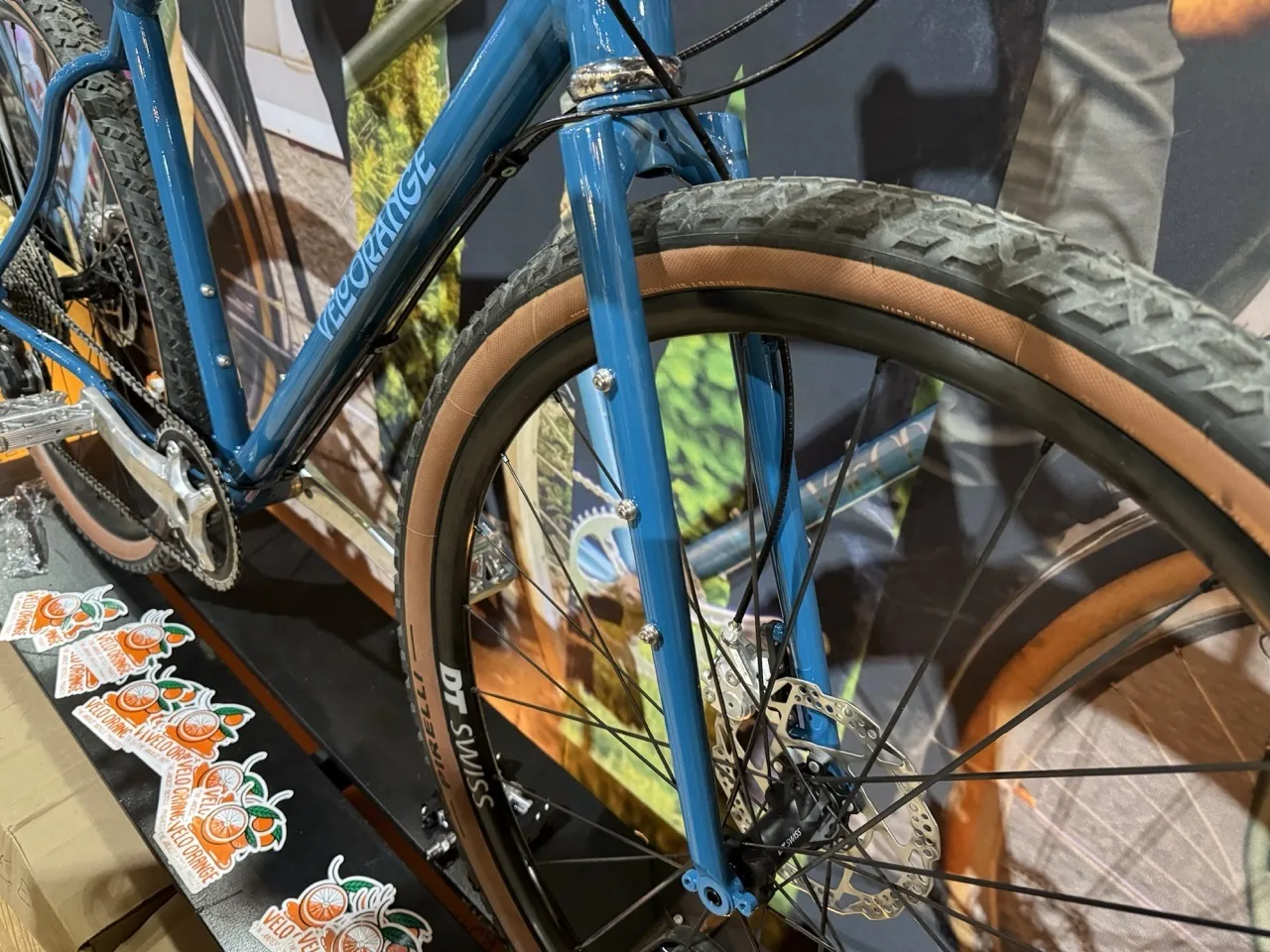
The fork is triple-butted and comes with mounts for fenders, racks, and cargo cages. The legs of the fork have a subtle external taper and a cool segmented design, elegant without being overwhelming.
The medium and large frames have clearance for 700 x 50mm or 650b x 2.25″ tires. If you decide to run fenders Velo Orange suggests sizing down to 700 X 45mm. The small and XS sizes are designed around 650b x 2.1 and 26 x 2.25″ tires. With fenders, you can get away with 650b x 48.
Velo Orange is waiting on the final test lab reports to complete their internal testing. After that, they give the green light on production. They are expecting the Chessie to go on sale in early spring.
New Bike Bits
There and Back Rack
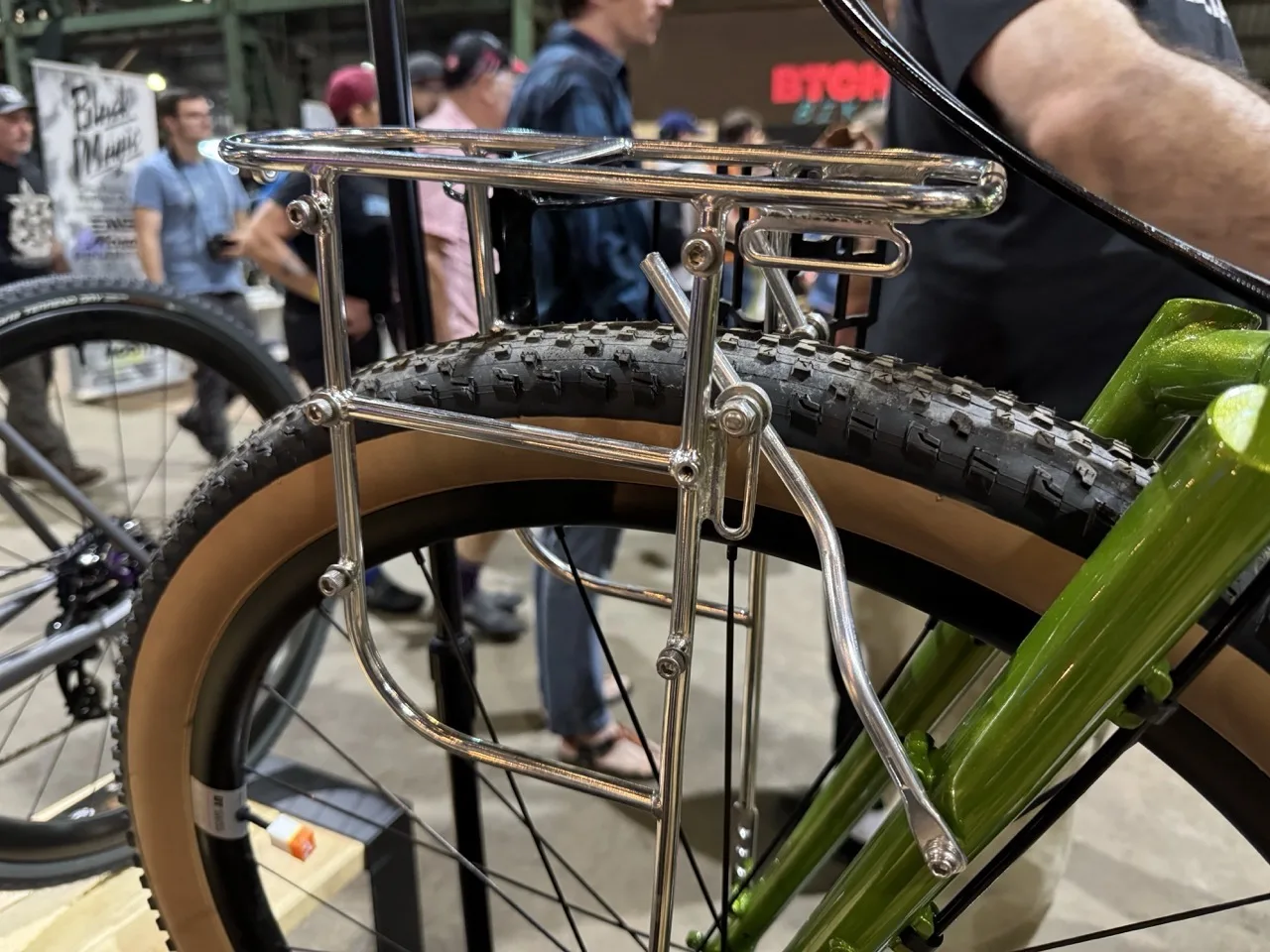
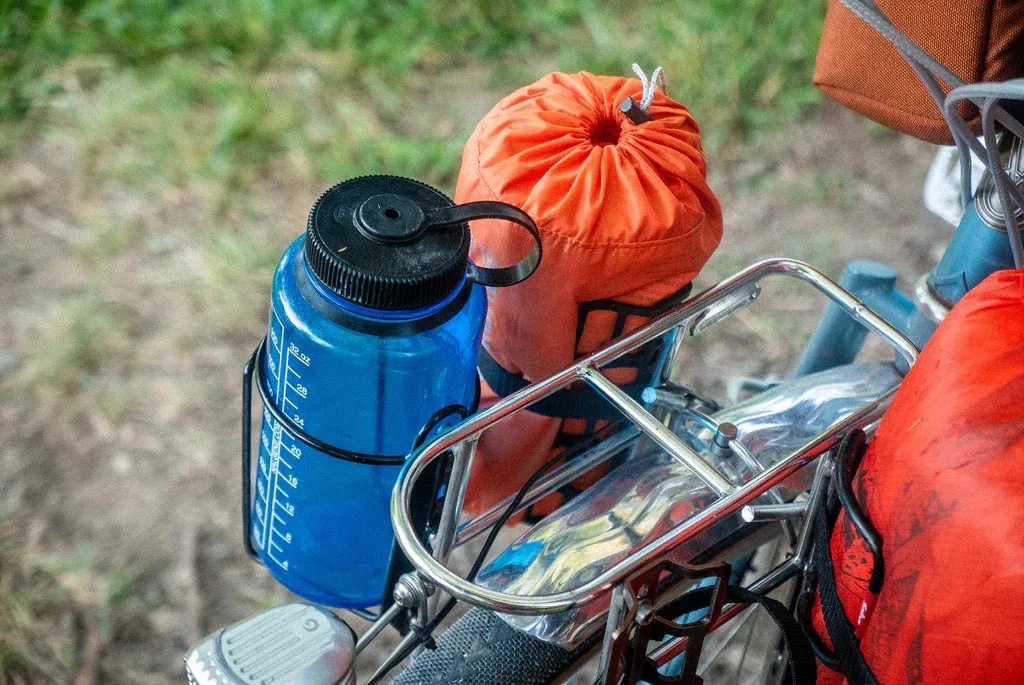
The new, uber-versatile There and Back Rack is made from high-quality stainless steel. It can hold up to two panniers or two double cargo cages. A bonus feature is that it comes with two sets of stays. Meaning you can rock it on the front or rear of your bike.
Riddle Rack
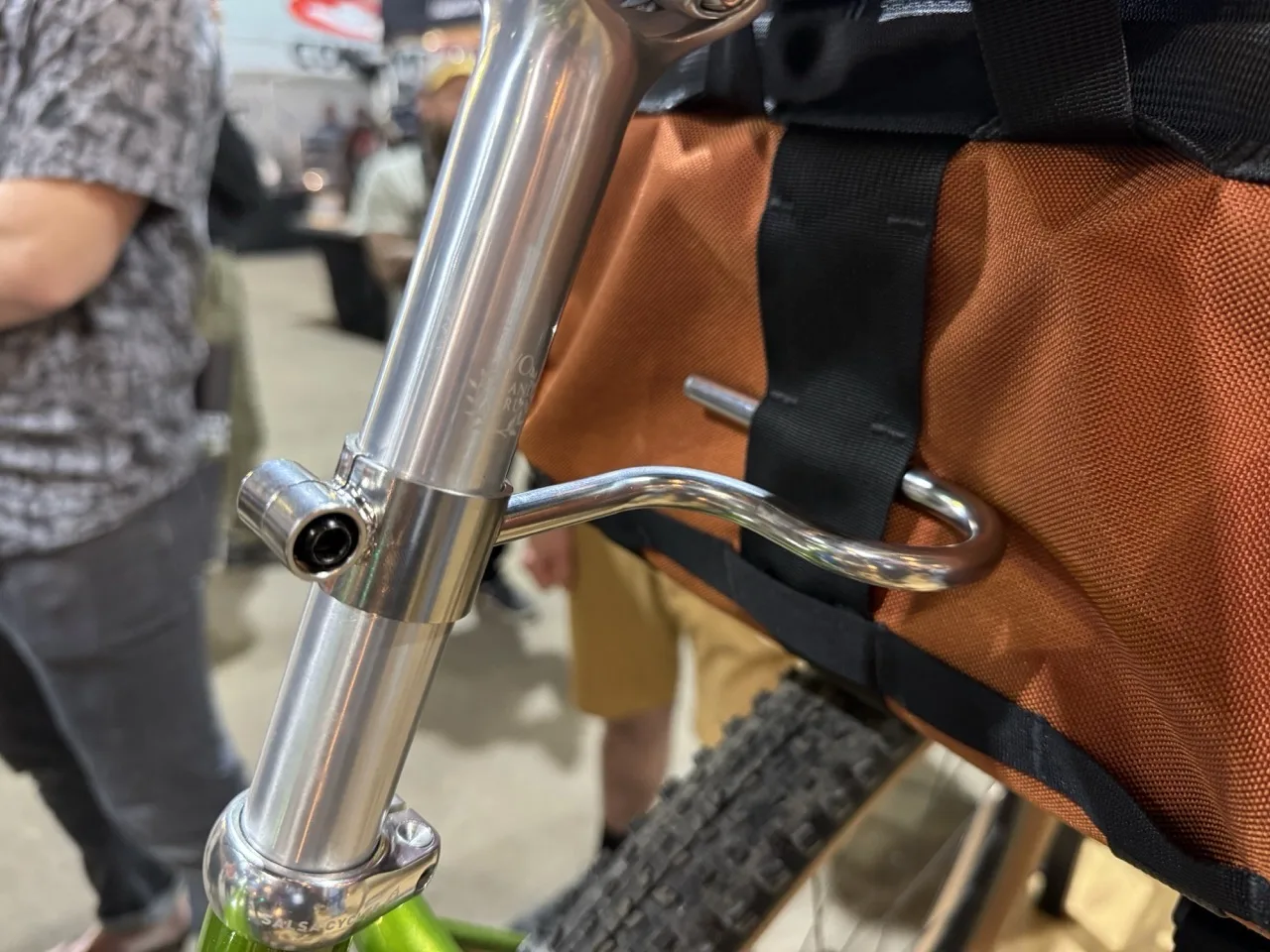
The Riddle Rack is a simple and classy way to keep transverse-mounted saddle bags from hitting your legs. It simply holds the bag back and away from any pedal interference. It clamps around a 27.2 seatpost providing extra space for your bag. All while making it easier to get in and out of.
Gibbous Bottle Cage
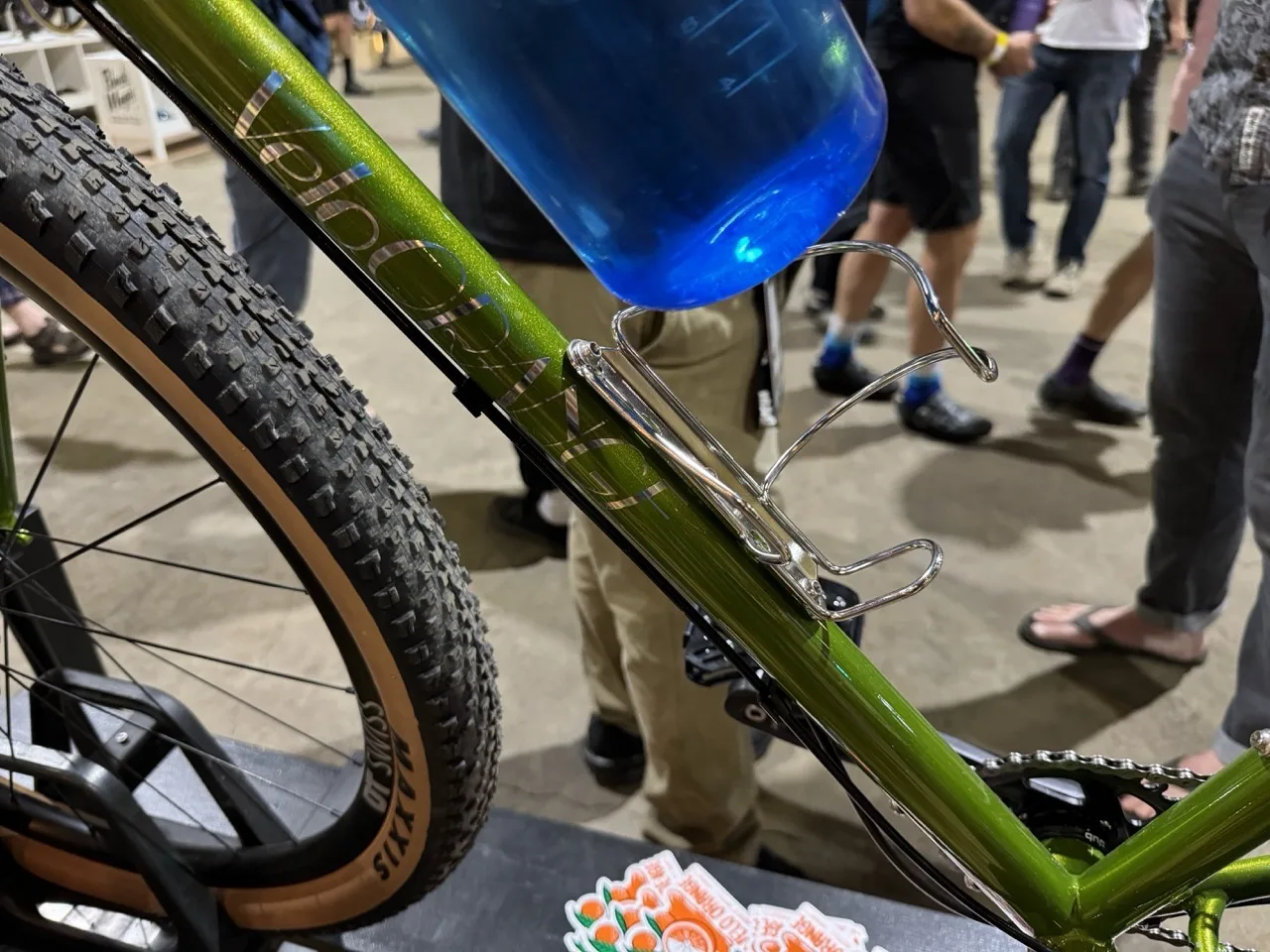
Another new product is the Gibbous Cage. This is a fresh take on Velo Orange’s existing Mojave Cage. The Mojave Cage is designed to hold bigger bottles, like Nalgene Bottles. The new Gibbous Cage holds big bottles as well, but is a side-loader.
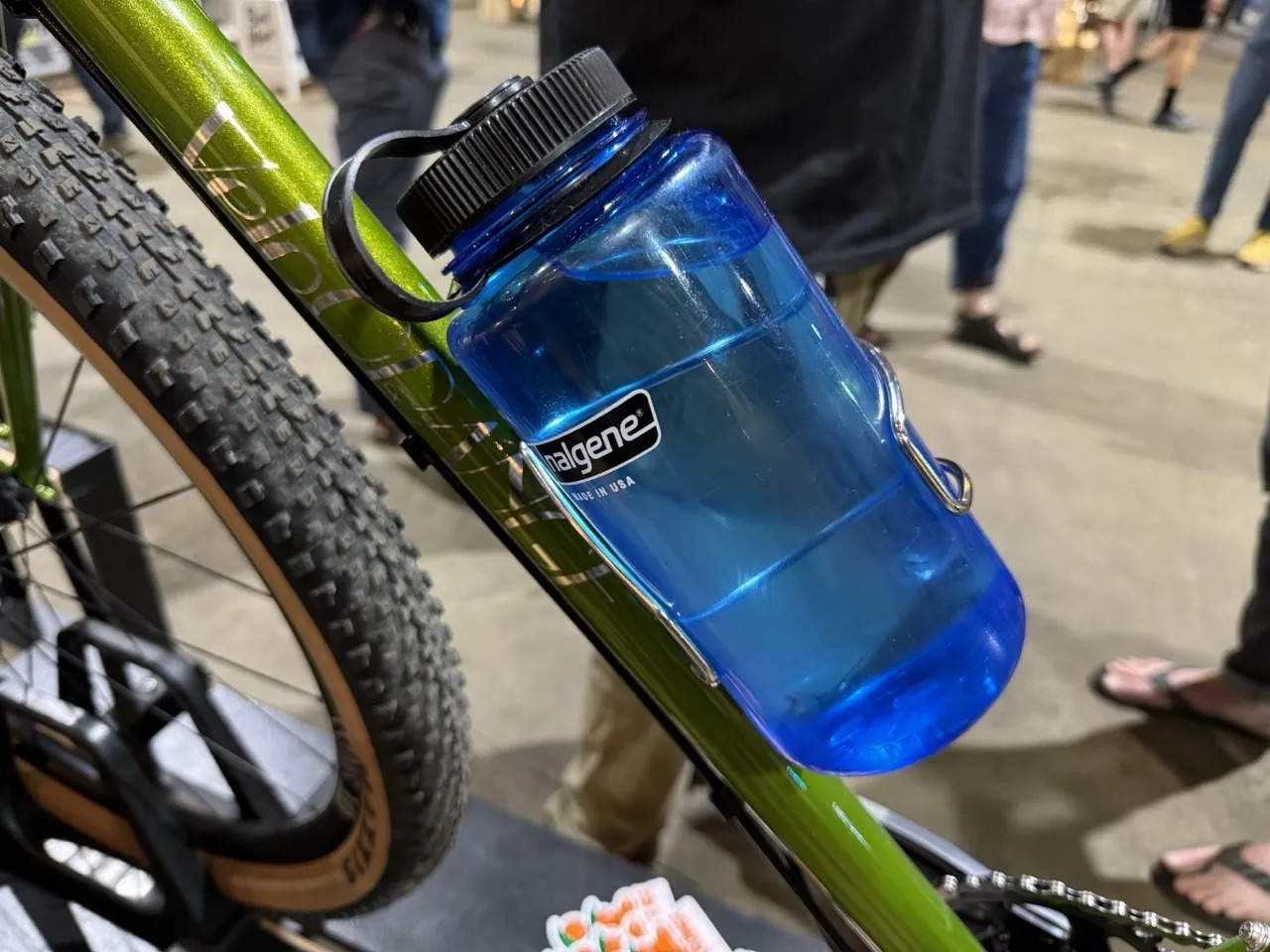
The cage is made from stainless steel, keeping your bottles from getting marred up. They will also be available in both left-side retrieval and right-side retrieval. Look for these in the next few weeks.
